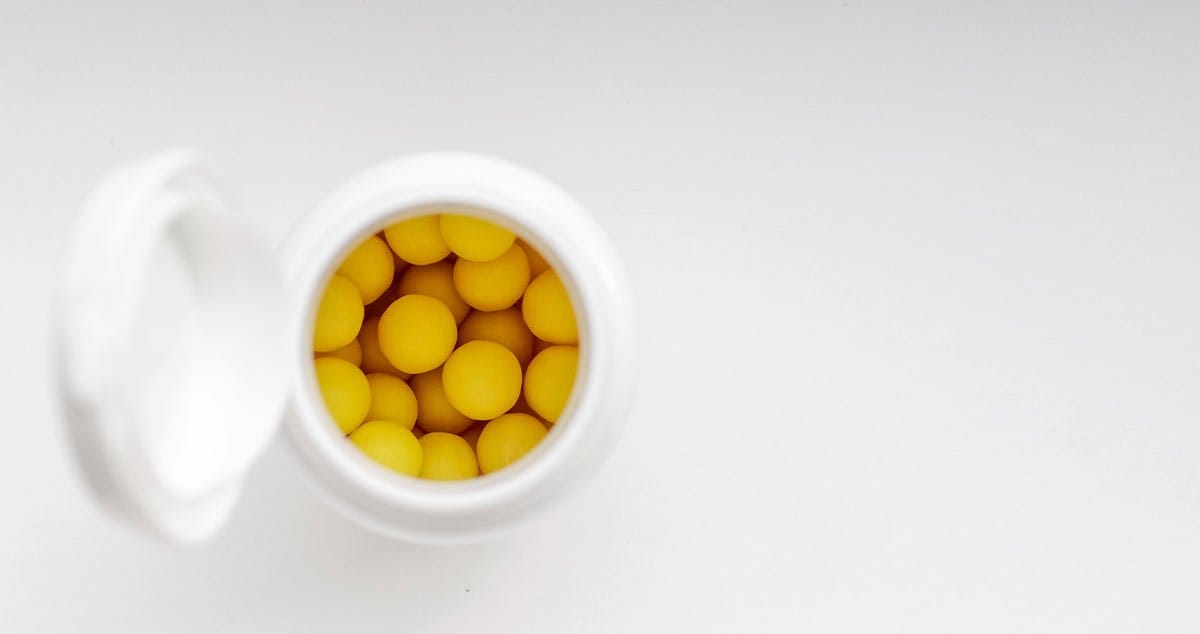By: Jen Suresh

I am the sister of two heroin addicts. My sister Beth’s first dealer was her doctor, who prescribed her countless pain killers after she was in a car accident at age 23 that left half of her body broken. After the prescriptions ran out, she turned to heroin as it was cheaper and more readily available. Fast forward six years later and Beth tried to purchase a new identity from one of her dealers. She wanted to disappear in an effort to protect those she loved from herself. When my brother turned four years old my parents got him a puppy as a birthday present. He immediately made my mom and dad return the puppy, proclaiming he wanted a jungle gym instead. After getting the jungle gym he threw a tantrum and ended up with the puppy and the jungle gym. Even as a four year old, nothing was good enough for him. Later in life he described feeling that he wanted to be someone else, to feel more or less. Eventually, he found marijuana, alcohol, and Xanax and experienced a release he never felt before. Painkillers magnified that, and then the next move was to the cheaper and stronger heroin. At the height of David’s addiction, at age 19, he was using heroin about six or seven times a day, spending anywhere from $40 to $300 daily; Beth was using heroin every couple of hours and was spending around $300 a day on drugs. They stole, bartered, and promised anything they could to get their hands on more and more drugs. The three of us grew up with loving and supportive parents, in an affluent suburb of Philadelphia, about ten minutes away from Camden, NJ, consistently rated one of the most dangerous cities in the country. I’ve found that people love to speculate on why addiction occurs- a broken home, parents that do not pay attention, living in a bad neighborhood. I think they do this to convince themselves that heroin can’t touch them or their loved ones, especially not if they do things like enroll their children in lots of extracurricular activities (something I’ve heard on multiple occasions). My family is living proof that none of this is true. There is no tried and true predictor of addiction. It can happen to a woman a year before she is about to get married to the love of her life, who has a job she enjoys and a family that supports her (like Beth), just like it can happen to a high school student who wants to escape himself (like David). Another misconception is that heroin addiction only happens in places like Camden. Yes, inner cities do have higher instances of drug use but did you know that drug dealers will hand deliver to your home when your parents have grounded you and taken away your car keys? I learned this after discovering a strange baggie in our mailbox. Drug dealers will meet you anytime and anywhere to make a quick buck. My mom once drove to the heart of Camden. She cried and begged and pleaded with the drug dealers to stop selling drugs. They explained that they had no choice; it was their way to make a living, to survive in their own way. That’s what heroin does to a family. When my brother and sister were in jail or rehab, my parents and I could finally take a breath and sleep well. On those nights we didn’t have to worry about a call from the police asking us to identify a body. Those nights we at least knew where my brother and sister were. We lived in constant fear that my brother and sister would die. In the worst of my brother’s addiction, my mother wrote my brother’s eulogy, convinced she would be reading it within days. I remember coming up with what I thought was a brilliant idea- that my family should commit suicide together and end all of our suffering, once and for all. In our darkest moments, that seemed like the only way to make the pain stop. Heroin breaks families apart, divides communities, and ruins people’s lives. A few lucky ones recover. For those that remain addicted, their lives end in jails, institutions, or death. Heroin is plaguing our communities. Princeton just announced that the heroin epidemic hit the town. I laughed at this proclamation. Heroin has always been around, the difference is that people are just starting to take notice as more and more young people with bright futures ahead of them “die suddenly in their home” as their obituaries say. The shame and stigma around addiction needs to be removed. People need to share their stories, in order to bring awareness to others. When people first hear of Beth and David, I can tell that they are strangely fascinated, but too embarrassed to ask questions. Please, ask anything. If I can enlighten just one person, who knows what that effect will have on others, on the heroin epidemic as a whole? My family is living proof that addiction can happen to anyone. Thankfully, recovery can also happen to anyone. I am forever grateful that at 27 years old, David has 7 years sober, and Beth, now 39, will soon be celebrating 4 years sober. I am also proud to report that David is a newly married man with a Masters of Social Work degree and a passion to help others in pain. Beth is holding a fulltime job for the first time in years, and she excels at what she does. David and Beth never lose sight of how far they have come and they continue to pay it forward by sponsoring other addicts in recovery and by sharing their story at twelve-step meetings.









